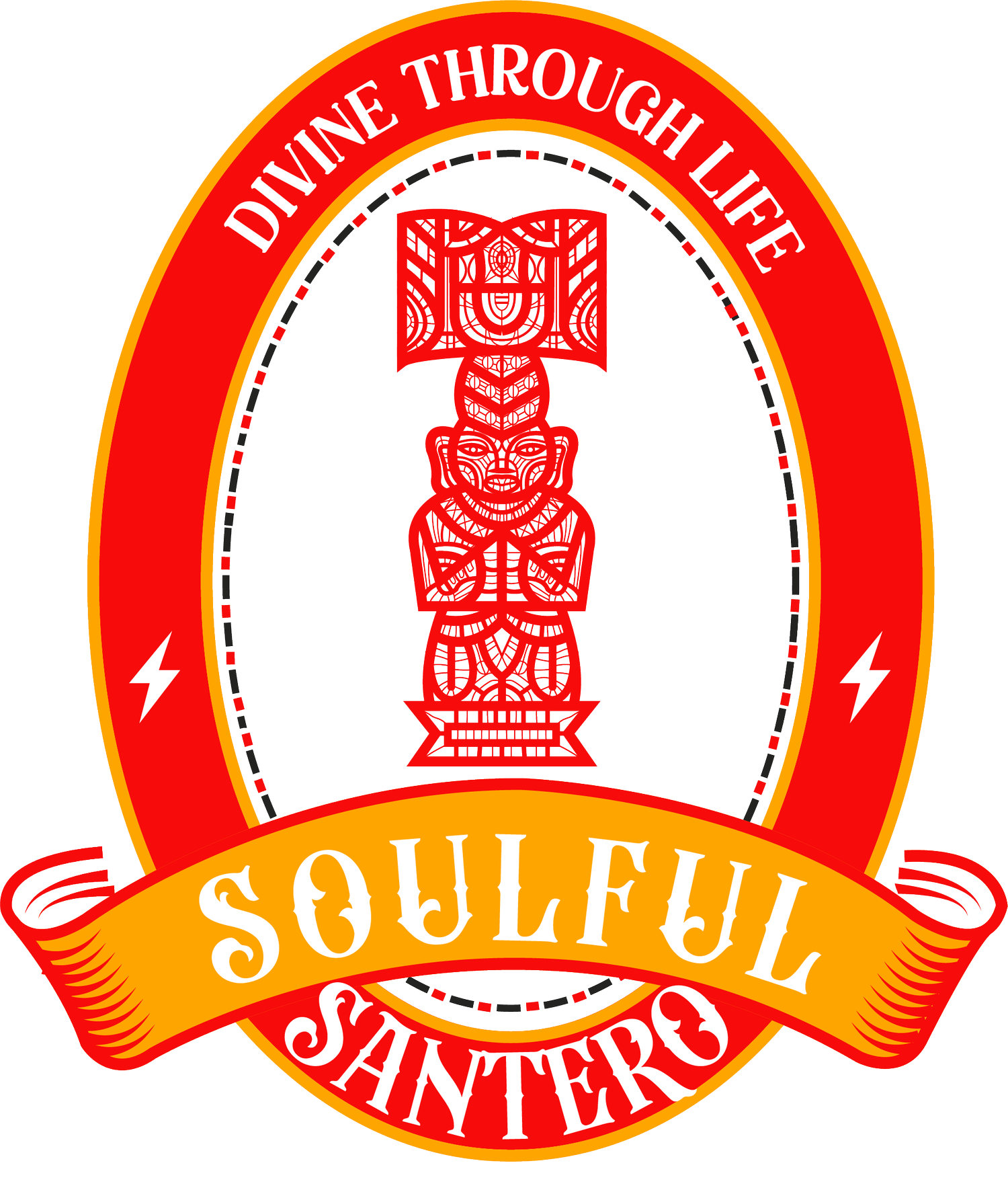BE DISCIPLINED: ANOTHER CORNERSTONE FOR SPIRITUALITY
I remember early in my grade school days, my mom (who was an educator herself) implemented the expectation with me that when I got home, the first thing I was to do was finish my homework. After that, I was free to do what I wanted the rest of my night (within reason!). To this day I remember how much I bucked against her insisting on this and seeming so strict. But when you’re young, many inconveniences feel like the end of the world.
As time passed, however, I found myself slipping into that routine and even realizing that I LONGED for the sense of freedom I felt when the homework was out of the way. I centered my “work/life balance” around my mom’s expectation of me. And frankly, it is something that I still do to this day, even with my mom having passed away a few years ago. When I look back I can see that she was doing her best to set me up for life. She was teaching me how to prioritize and maintain focus on what is important, as well as how to get to the thing you really want to do by getting the less-desirable stuff out of the way first.
I approach my spirituality much the same. Indigenous spiritual practices are a lot of work. There’s the initiations or rituals to receive certain medicines. There’s the work you have to put in to commune and bond with your spirits. There’s the unending self-work you’re required to engage in. And much more. But I find the key and difference to a successful practice and one that is wonky and inconsistent is staying consistent with our discipline. Let me give another example. Years back when I started in Lucumi, the first step in most Lucumi houses is for a newbie to learn the practice of espiritismo. Espiritismo is considered the foundation of Cuban (and other Latin peoples’) spirituality.
I did what I was taught. Set up the boveda and everything. There were some signs of ancestral presence as I did the work, but it was faint. No matter how much time I put in at my table, it just didn’t take off like it was supposed to. I remember some self-doubt and insecurity creep in. But I also had that discipline to just keep going. I had this feeling, deep down, that at some point clarity would come and my personal spirituality would take off. Fast forward a few years, at a misa (séance), and some of my ancestors showed up through the mediums present. They explained why things felt wonky. It had nothing to do with me. They were actually blocking specific people in the spiritual house I was a part of from seeing them because those people would become a big problem for me if they knew who my spirits were. They made it clear that they have long seen my efforts, and affirmed them, but finally came to let me know that there was a bigger picture reason. And that it was soon to change.
And change it did! Things did start to open up. But the thing they taught me back then was that I needed to keep the faith and as I said in my last post, trust the process they were leading. My disciplined devotion at my boveda was the key that kept the thread of our connection strong even as they were working other issues out. I remember feeling the same “aha” in that moment that I did as a kid.
In conclusion, I can’t say what one person’s discipline should look like compared to another, or even myself. It is a bit of a subjective thing, this discipline, because it has to fit the confines of your life, the things you find challenging, and the tradition you practice. Regardless of these variables, being consistent with what you do is important. A steadfast practice that remains simple but effective is far better than one that is ostentatious but chaotic. It gets you through lean times and those liminal moments of your development where you can’t always see what’s ahead—but the discipline will remind and assure you that you will get there.
